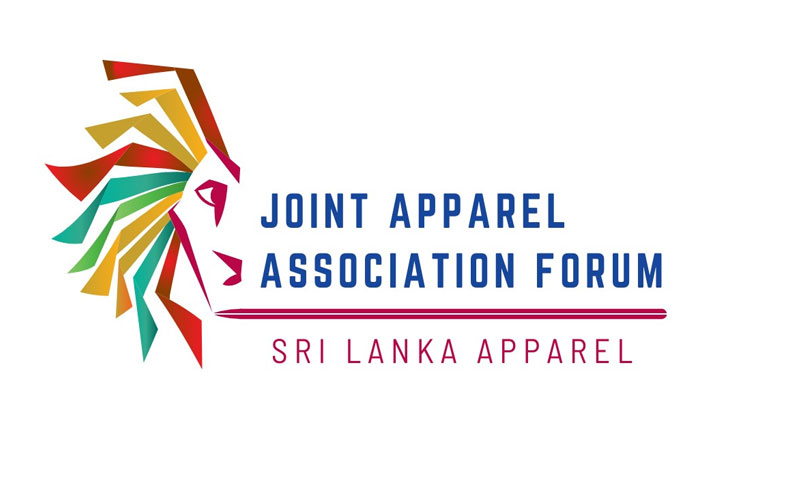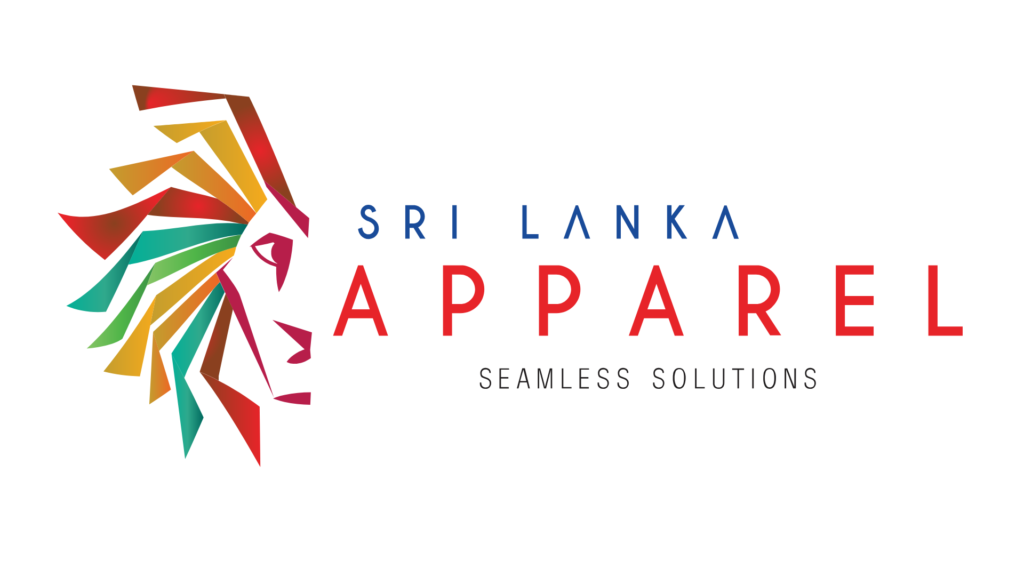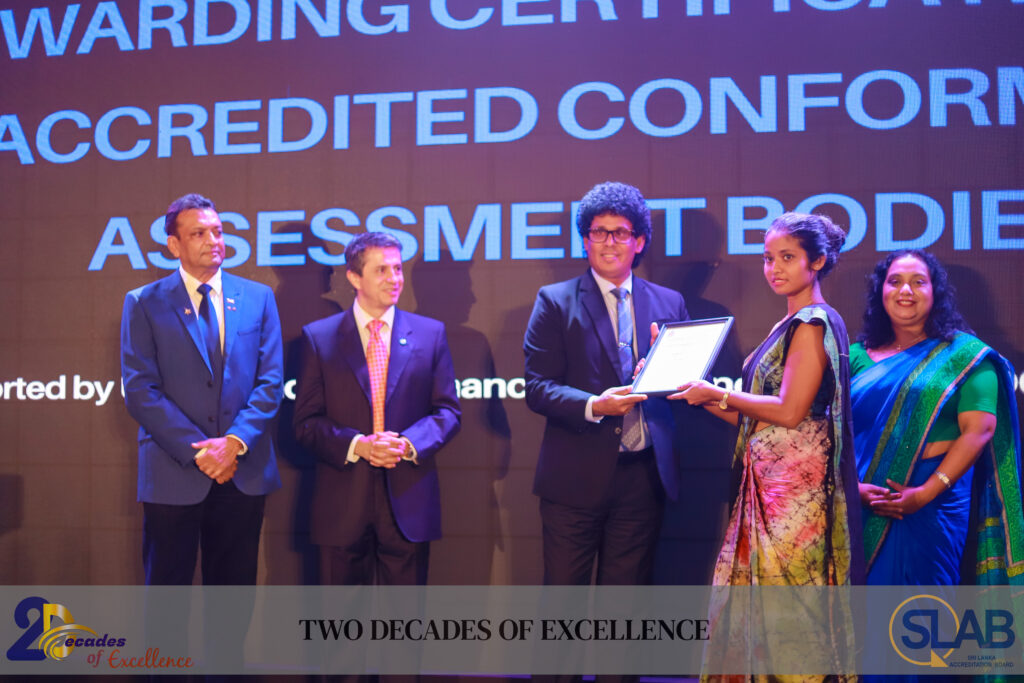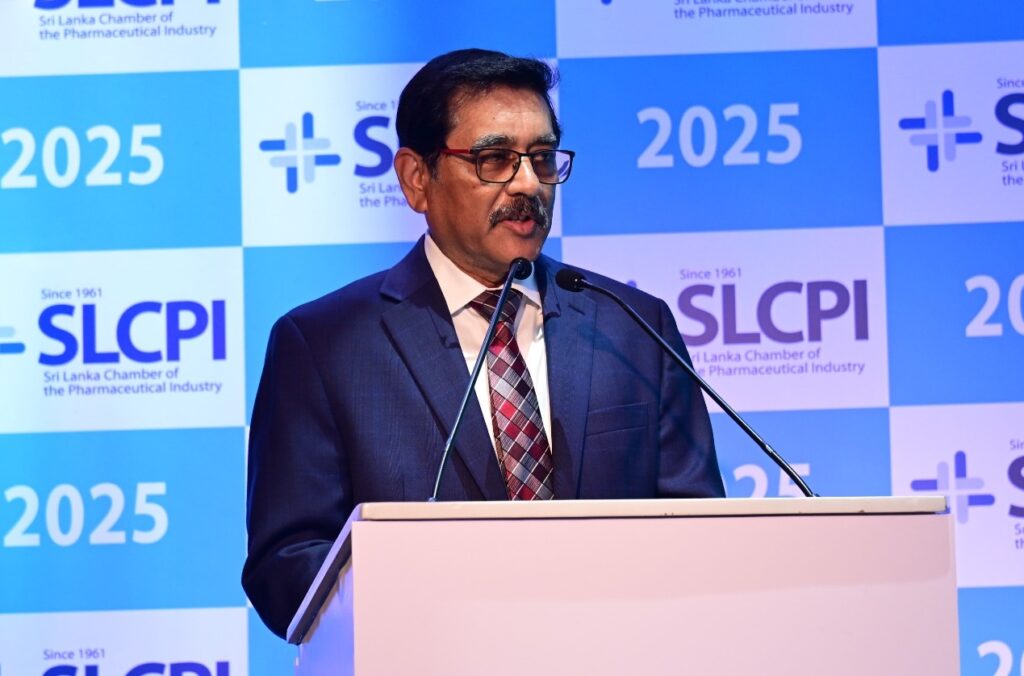The Joint Apparel Association Forum (JAAF) welcomed the recent decision by the Public Utilities Commission of Sri Lanka (PUCSL) to implement a 25.3% reduction in industrial electricity tariffs, parallel to a 27% reduction for domestic customers and a 22.5% overall reduction effective from July 16, 2024.
In addition to easing the burden on retail customers, JAAF commended the PUCSL decision for providing much-needed relief to Sri Lanka’s apparel and export industries, enhancing competitiveness and supporting economic recovery.
The PUCSL decision was taken in the light of the submission made by the CEB which had the industrial tariff unchanged, and post the public consultation held last week where JAAF made a submission that, Sri Lanka’s apparel exporters were forced to contend with one of the highest electricity tariffs among its competitors. However, following reduction approved by the PUCSL, Sri Lankan manufacturers will now benefit from a tariff rate that is much more competitive.
Sri Lanka’s apparel industry, which contributes nearly half of the nation’s export earnings, has faced severe challenges due to high electricity costs. In 2022, tariffs soared from Rs. 6.58/kWh to Rs. 34/kWh, contributing to a decline in apparel export revenue from $5,591.5 million to $4,535.5 million. The recent tariff reductions will alleviate some of these financial pressures, allowing the industry to stabilize and regain its competitive edge.
“We commend the PUCSL for recognizing the significant challenges faced by the apparel sector and taking decisive steps to reduce industrial electricity tariffs as well as tariffs for SMEs and minor industries, all of which were struggling with the higher rates. This decision is a welcome step in the right direction that will prove crucial for maintaining the competitiveness of Sri Lankan exports, and supporting a broad-based, export-led economic recovery.”
“We remain committed to working closely with PUCSL, CEB, and other stakeholders to promote policies that support the apparel industry and the broader economy. By continuing to address systemic issues in energy policy and advocating for fair and sustainable practices, JAAF aims to ensure that Sri Lanka’s apparel sector remains competitive on the global stage,” JAAF Secretary General, Yohan Lawrence said.
Another key point in JAAF’s submissions to the PUCSL was its call for the urgent implementation of a rigorous least-cost generation plan utilizing transparent competitive bidding processes for power purchase agreements. In particular, JAAF called on policy makers to ensure that the country’s natural resources, such as wind and solar, were effectively leveraged at the lowest cost to support a sustainable transition to renewable energy.
In its submissions, JAAF further noted that consistent and wide overestimation in the tariff forecasting for cost recovery submitted by the Ceylon Electricity Board (CEB) has also driven retail and industrial tariffs unnecessarily higher. In addition to placing a direct and undue burden on average citizens of Sri Lanka, JAAF noted that these major inaccuracies in the tariff forecasting model had eroded the competitiveness of Sri Lanka’s apparel exports.
“Accuracy in the tariff forecasting model is an absolute must. While we are deeply grateful for the decision to reduce tariffs, we must also reiterate that the tariff increase in October 2023 was based on inaccurate forecasting and resulted in the CEB making substantial profits of 61 billion in Q3 2023 and 58 billion in Q1 2024. While such significant profits eventually created clear space for a tariff reduction, it is fairer for all customers when tariffs are based on accurate forecasting at the outset,” Lawrence stated.
JAAF also reiterated support for policies aimed at scaling up renewable energy to supply 70% of the national grid by 2030, noting that such a transition remains vital for meeting the demand of global brands for decarbonization while ensuring sustainable energy pricing.
About JAAF:
The Joint Apparel Association Forum (JAAF) is the apex body representing Sri Lanka’s apparel industry. Established in 2001 with the ultimate goal of guiding Sri Lankan Apparel to become the world’s number one apparel sourcing destination, JAAF is dedicated to promoting sustainable practices, innovation, and ethical manufacturing standards. JAAF continuously advocates for policies that support the industry’s competitiveness and long-term growth, ensuring Sri Lanka remains a leading destination for sustainable, ethical, high-quality apparel production.








